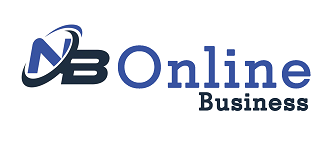When employees begin to question their role or sense of value within the workplace, it can gradually slow progress and hinder innovation. Persistent challenges—like unclear expectations, subpar compensation, heavy workloads, and long-term stress—can quietly drain focus and morale. Left unresolved, these issues often lead to disengagement, lower productivity, and limited opportunities for advancement.
To shift the narrative, organizations must intentionally build a culture grounded in trust, inclusivity, and reliable support systems. In today’s fast-moving work environment, prioritizing employee well-being isn’t just beneficial—it’s a business essential. When people feel acknowledged and genuinely supported, they’re more likely to perform at a higher level and remain committed over time.
Companies that lead in this area understand that real wellness goes beyond surface-level offerings. They embrace a holistic model—supporting emotional health, financial confidence, collaborative relationships, and cultural alignment. This comprehensive investment strengthens the employee experience and helps build a resilient, dedicated workforce.
One of the most effective ways to put this into practice is by partnering with HR companies that provide tailored workforce solutions. These professionals work closely with leadership teams to craft thoughtful wellness programs, streamline benefits management, and align HR policies with both employee needs and business goals. Their guidance is crucial in creating cohesive, motivated, and high-performing teams.
When wellness is embedded into a company’s core values, the payoff is substantial. Providing tools like mental health services, career development resources, and flexible work options gives employees the autonomy and encouragement they need to thrive. These strategies often lead to stronger collaboration, increased agility, and a more innovative culture.
Studies continue to highlight the connection between robust wellness strategies and positive business performance—from improved retention and job satisfaction to sharper focus and deeper engagement. When employees know their well-being is a true priority, they’re more likely to go above and beyond.
Creating a people-centered workplace takes commitment, planning, and long-term vision. Programs like Employee Assistance, wellness challenges, and flexible scheduling can significantly elevate the employee experience. At the same time, revisiting compensation models, expanding benefit options, and supporting hybrid or remote flexibility can help future-proof your organization in a competitive job market.
Explore the infographic below for practical tips to build a more energized, loyal, and future-focused workforce.







